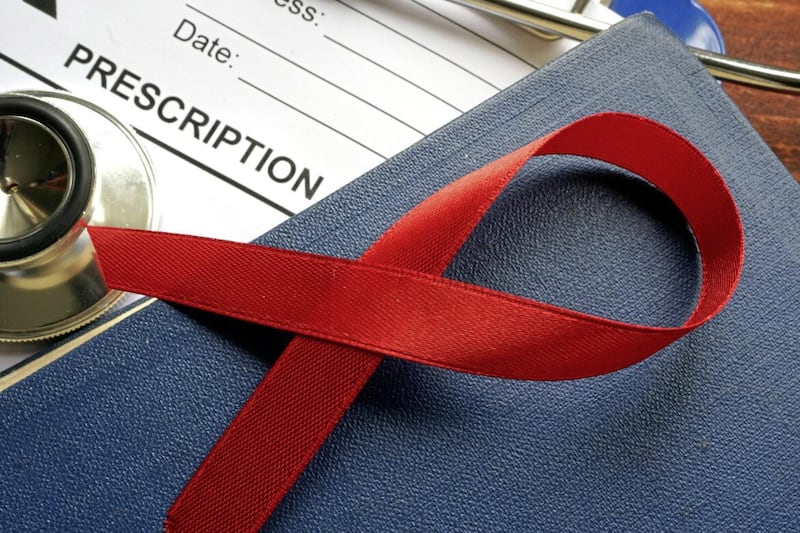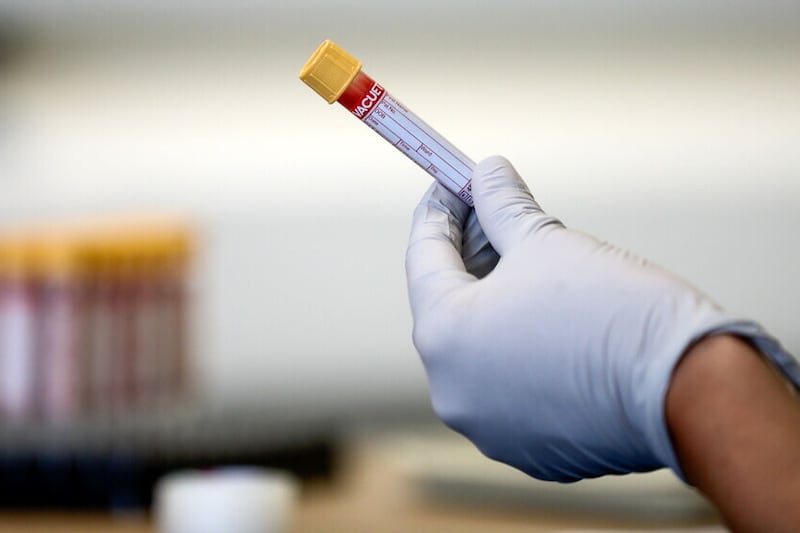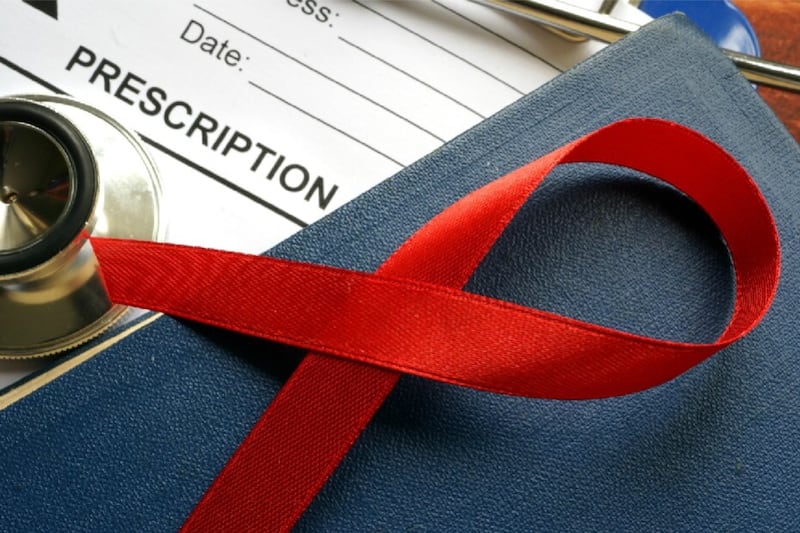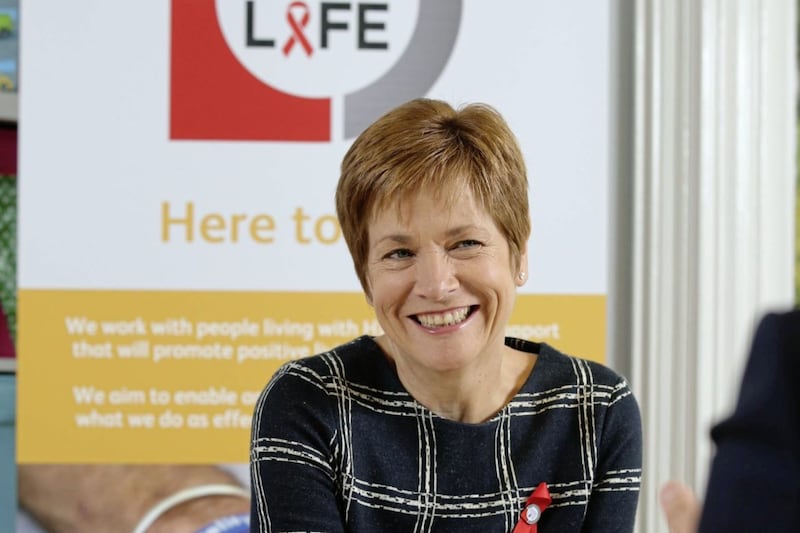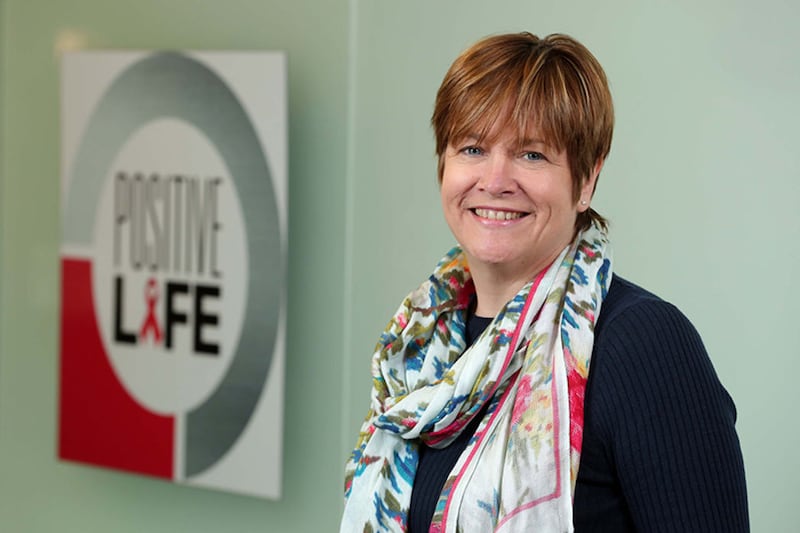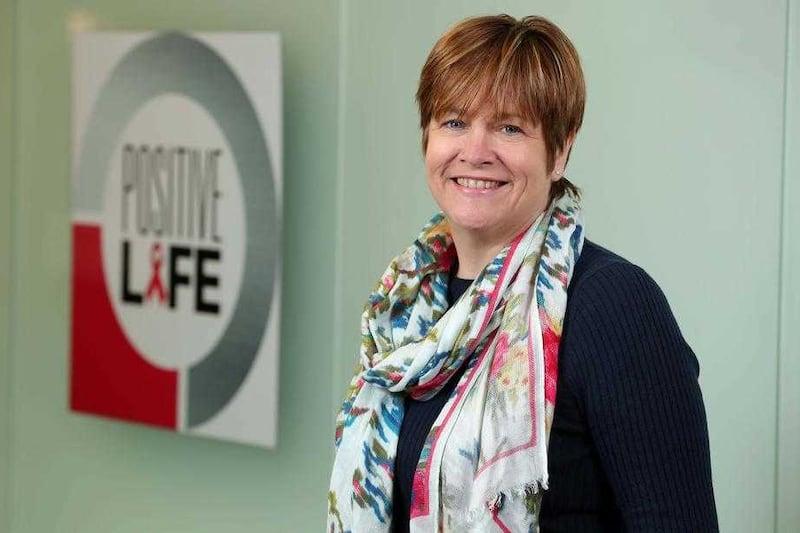THE equality, diversity and inclusion (EDI) agenda is now considered to be a cornerstone of employee recruitment and wellbeing among the biggest companies globally.
PxC, Citi and Allstate and others have all recognised the power and value of ensuring that workforce diversity is celebrated and employees feel included and equal within their workplace environment.
As the chief executive of Northern Ireland’s only HIV charity Positive Life, I have witnessed a systemic change in how EDI is viewed over the last couple of years by the wider public, business and elected representatives.
But what has been constantly missing from these conversations is HIV and the need to ensure its associated stigma is eradicated from the workplace.
The latest statistics for Northern Ireland show that over 1,300 people are living with HIV in our region. In 2021 alone 76 people were diagnosed with HIV – an increase of 12 per cent on the previous year. Employed in all sectors of our workforce, they all deserve to feel included and valued in their workplace.
In Northern Ireland HIV-related stigma is a significant issue that has unfortunately not been eradicated in all of its forms. The ethno-religious undertones of our society and the failure of some of our elected representatives to pro-actively promote relationship and sexuality education in schools and the community are contributing factors to this issue.
But the EDI agenda offers businesses an important opportunity to fill this void and contribute to positive social change for the benefit of everyone. Including HIV within their EDI programmes creates a win win situation. Employees will have a better understanding around the issue and the impact of living with a diagnosis; they’ll be more mindful in the use of appropriate language and terminology while people in the workplace affected by HIV will feel more included, safe and valued, improving staff morale and productivity.
We know that our service users continue to experience problems of discrimination, isolation, bullying and ignorance which impacts on their mental health and ability to live full and productive lives.
So, it’s important that employers are aware of their responsibility to make reasonable adjustments in the workplace to help staff living with an HIV diagnosis do their job. These might include altered working hours, or time off for clinic appointments - simple adjustments that might help someone deal with tiredness or side effects associated with taking medications.
These rights are covered under the Equality Act in England, Wales and Scotland while in Northern Ireland, similar protections are given by the Disability Discrimination Act.
At Positive Life, we’re working hard to do what we can to help effect the required change. We have recently launched our Positive about HIV, Workplace Education Programme with PWC and the Northern Ireland Civil Service being our first participants in the programme, with our friends at FonaCab next to come on board.
HIV is a long-term health condition that should not be treated as a taboo subject. Businesses need to be inclusive of everyone in our society and ensure anyone affected by a diagnosis is valued within their work settings. HIV EDI is the future.
:: Jacquie Richardson is chief executive of Positive Life (www.positivelifeni.com)


